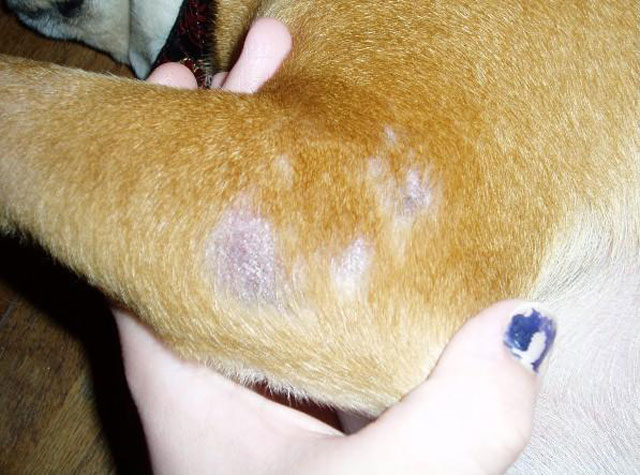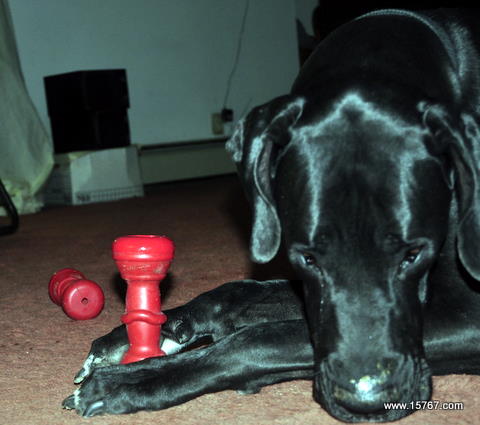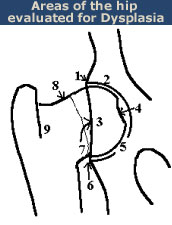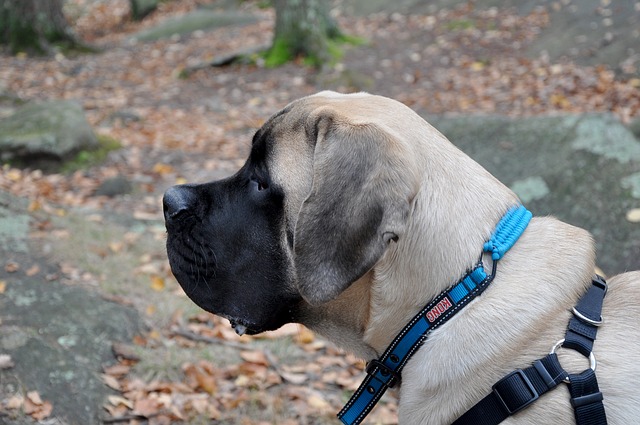Mange in dogs is wrongly considered a sign of poor living conditions a dog is subjected to, dirty bedding, poor hygiene, etc. but that is completely untrue. Even though many people call it dog mange, other animals – and humans – can have mange too.
There is no reason for embarrassment or a feeling of shame if your dog is diagnosed with the condition. It is characterized by bare, often inflamed patches of skin where the vicious little critter which is the cause of your dog’s mange has overcome your companion’s self-defense mechanisms.
Mange, particularly red or follicular mange, also called puppy mange, is considered a disease but is actually a skin condition. The dog’s immune system is unable to keep down the spread of demodex canis, a mite found living inside the hair follicle of humans and dogs.
This form of mange can be very dangerous especially in puppies or older dogs. Those two groups have either under developed or weakened immune systems and treatment of this condition can prove difficult.
A recent study of the results of various treatments has just been published in the May issue of Parasitology Research. Rather than a new study, this is an analysis of the results of more than one-hundred clinical trials. Those trials ran between 1980 and 2014.

Mange is a skin condition caused by mites
Treatment modalities (oral, subcutaneous injections, or topical dosage), medications moxidectin, amitraz, doramectin, ivermectin, and milbemycin oxime and outcome (cure) were factored in and “good evidence for recommending the use of milbemycin oxime PO (0.5 mg/kg, daily) and moxidectin spot-on (Advocate®, Bayer)” on a weekly basis weekly was found in the data. Only a bit less effective were three different therapies. The first was using ivermectin PO (0.5 mg/kg, daily), the second moxidectin PO (0.35 mg/kg, daily), and the third, amitraz dips (0.05 % solution, weekly).
Note that PO is the medical abbreviation for “per os” which merely means by mouth or orally. It is a wonderful example of the use of obscure terminology when a simple “by mouth” would suffice and be less confusing.
Bayer’s Advocate treatment is only recommended for mild cases of the infection.
It is important to keep in mind that Advocate® is recommended by the manufacturer for use in milder cases.






Recent Comments